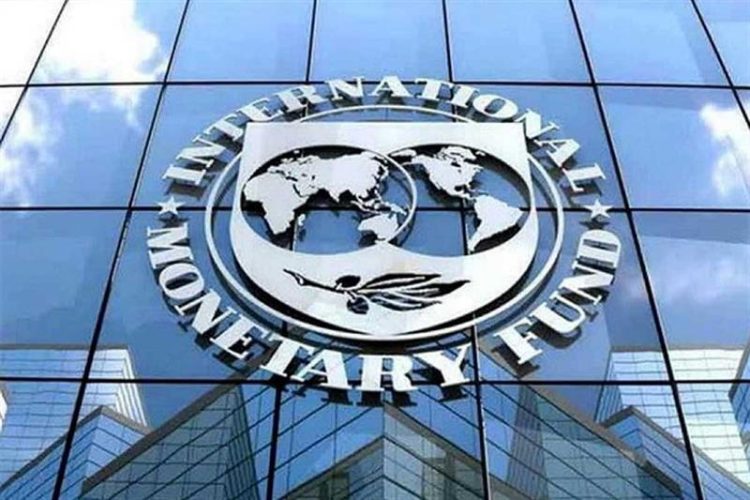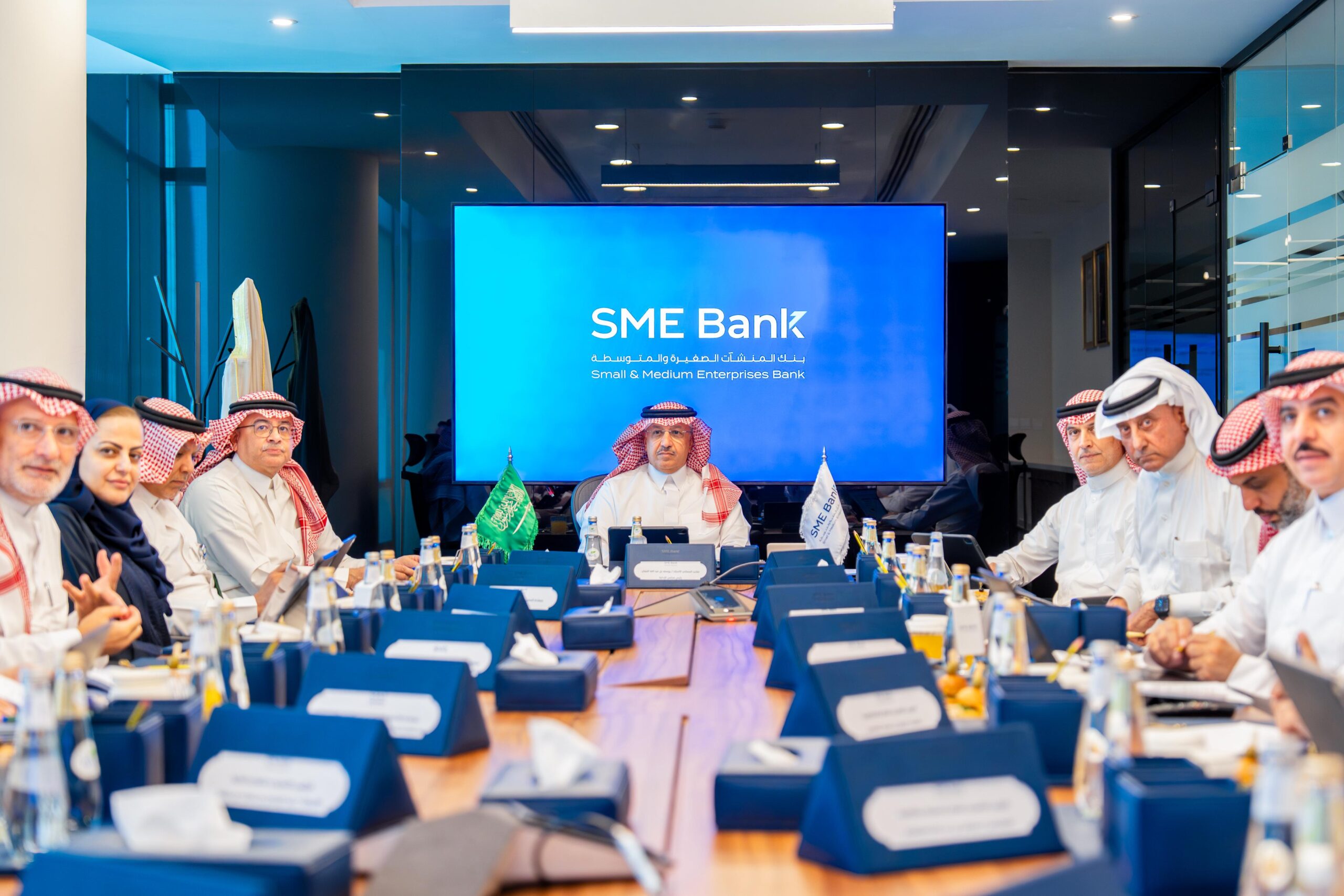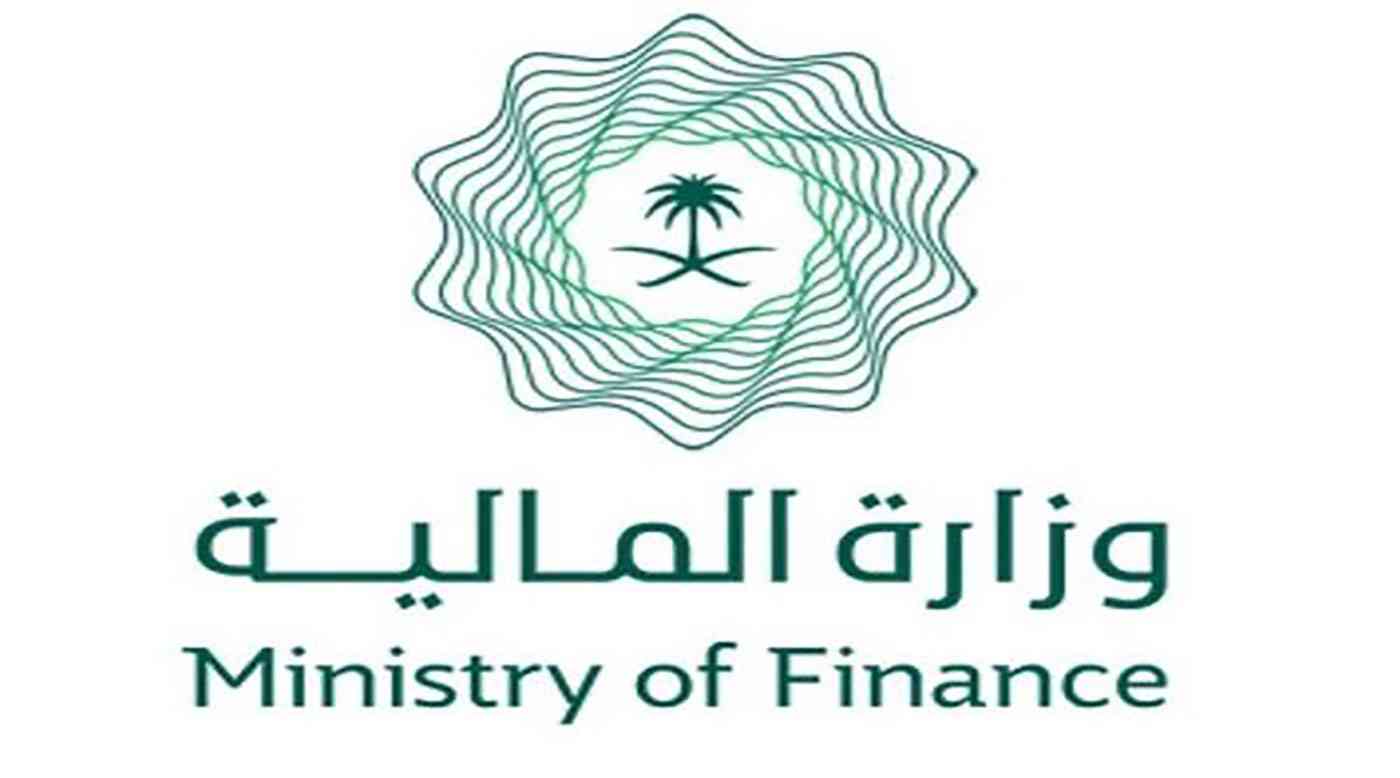Publisher: Maaal International Media Company
License: 465734
IMF remains positive on Saudi Arabia’s economic growth
Saudi Arabia’s economic transformation as it reduces oil dependence is “progressing well”, with domestic demand and the kingdom’s macroeconomic policies helping to support non-oil growth, the International Monetary Fund said on Friday as reported by The National.
“Prudent macroeconomic policies, transformative changes … and strong domestic demand have helped prop up non-oil growth,” IMF staff said at the conclusion of its article IV consultation with Riyadh.
Still, non-oil growth was expected to decelerate this year as investment growth moderates. Real non-oil growth is forecast at 3.5 per cent this year, down from a “still robust” 3.8 per cent in 2023 and 5.3 per cent in 2022.
اقرأ المزيد
IMF staff said it will pick up again in 2025 and the following years ahead of marquee events including the 2027 Asian Cup, 2029 Asian Winter Games and 2030 World Expo.
Figures released by the General Authority for Statistics showed non-oil activities expanded 3.4 per cent in the first quarter this year.
“While non-oil growth for Q1-2024 indicate some moderation in economic activity – staff estimates that the output gap remains in positive territory, close to 2 per cent of the non-oil potential GDP,” IMF staff said.
The kingdom’s current inflation rate is 1.6 per cent after hitting 3.4 per cent in January 2023, government data showed. The IMF expects the inflation rate to remain at a “stable” 1.9 per cent this year.
Meanwhile, the unemployment rate has fallen to 7.7 per cent, which is near Vision 2030’s goal of 7 per cent.
“Efforts to diversify the economy have started to bear fruit.”
Oil output is expected to contract by 4.6 per cent this year due to an extension of oil production cuts before increasing by 5.1 per cent next year.
Saudi Arabia’s economy is expected to grow 2.6 per cent this year after a 0.8 per cent contraction last year, the IMF said in its most recent World Economic Outlook. Overall GDP growth is forecast to accelerate to roughly 4.5 per cent in 2025 before stabilising at 3.5 per cent over the medium-term.
Saudi Arabia’s financial sector is also still strong.
“Banks’ performance indicators are strong, with capital adequacy ratio above 20 per cent, high profitability and liquidity, and a low level of non-performing loans,” the IMF said.
IMF staff also noted Saudi Arabia’s progress in attracting foreign investment and remaining committed to achieving net-zero emissions by 2060.








